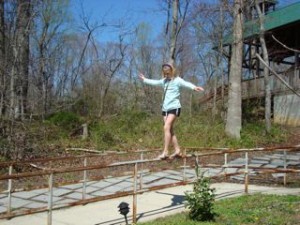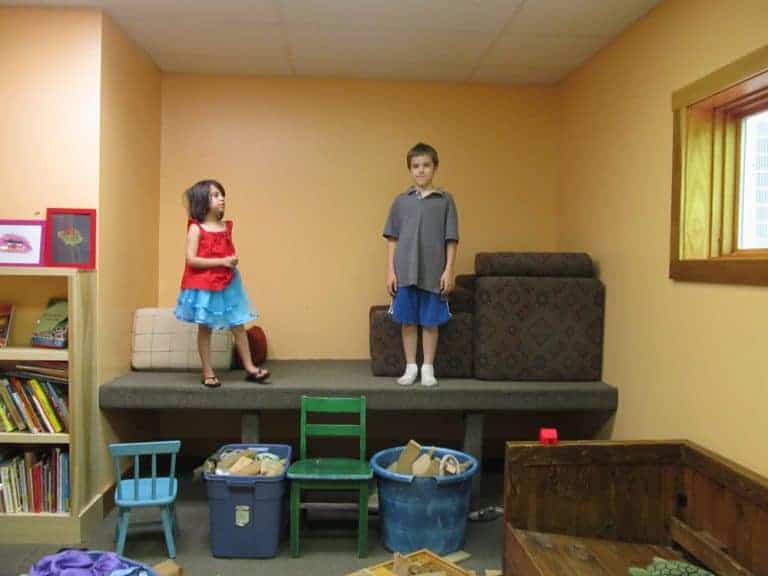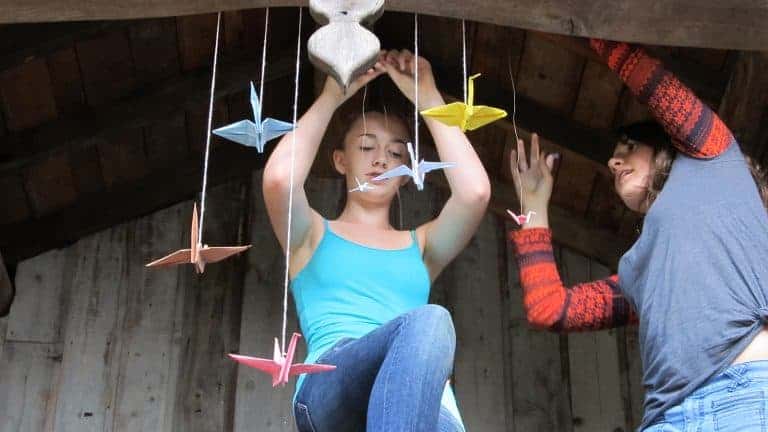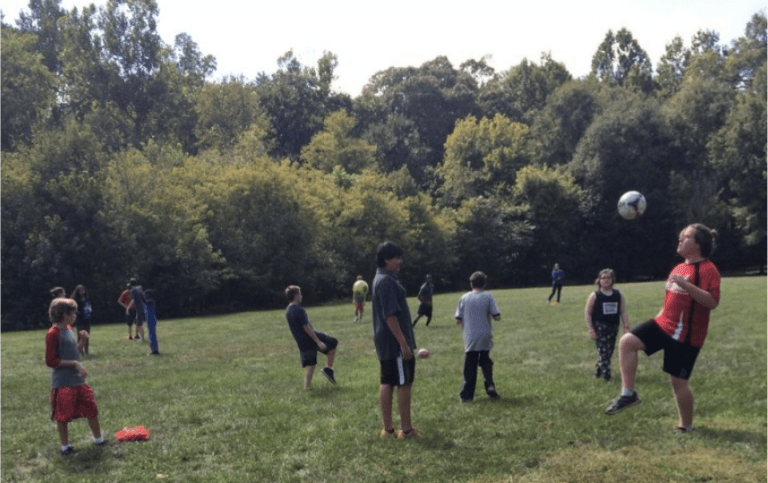All In Favor Of Honesty?
“She wouldn’t play with me, even after I asked her!”
She’s young and she’s upset. Her friends at school console her in the stairwell when she cries about the incident. Staff members, including me, check in, see she’s upset but okay, and move on. Although the intricacies of why these friends are in conflict are lost on me, whatever happened out on the swings really matters to them. I listen to their concerns, but do not try to “fix’ their dispute, leaving them in the capable hands of an older student.
Although the adults at other places may intervene, here is where our school culture stands: the other girl does not have to play with her if she doesn’t want to, even if her friend is very upset. Our students have the right to decide their playmates. Many, many elements compose the educational experience of Fairhaven and other Sudbury schools, including an array of freedoms: freedom of speech, freedom of movement, and freedom of thought. Add to these freedom of assembly, a civic right that usually calls to mind people gathering to protest government actions or policies. The right of our students to play with whomever they want, and to not play with whomever they don’t want, is perhaps a cousin to their freedom of assembly.
If curiosity compels me to dig into why someone doesn’t want to play with someone else, there’s almost always a compelling reason. Sometimes it is “I want to be alone,” but more often a it is version of “she’s not nice.”
Welcome to the world of honest feedback, people. At Fairhaven School, we value candor. A recent School Meeting had many questions and comments for Judicial Committee (JC) candidates, questions that did not pull punches about their qualifications for the crucial job of overseeing the system that maintains order at school:
“Both of you are intense and passionate, and you’ve had problems with each other. Do you really think you can work together?”
“No offense, but sometimes when you ran it before, JC was really slow.”
“Because you stay up too late, sometimes you lose focus during JC.”
Straightforward debate and inquiry, the lifeblood of a free society, is a hallmark of our school culture, nowhere more than at School Meeting. After hearing what her peers said, one JC Clerk candidate smiled knowingly, nodding. She did not storm out of the room. She knows herself and is comfortable with hearing about her shortcomings. After everyone had their say, including the candidates, the School Meeting Chair called for a show of hands: “all in favor of Lucy and Daisy for Clerks?” He counted hands. “All opposed?”
Every six weeks, we elect new clerks, and often people do not succeed. School Meeting members (staff and students) have a keen sense of who’s qualified for the complexity of running daily judicial meetings. One student tried for years before getting elected. Each May, candidates for staff undergo the same rigorous scrutiny during our staff election process. (Nobody has tenure at Fairhaven.) Is this candor difficult? At times. Is it beneficial? Absolutely. In a transparent, honest, democratic community, people at Fairhaven tend to know where they stand. Establishing this culture has taken time, but could there be a better starting place for healthy development than “knowing where one stands?”
Ten minutes later, the stairwell is quiet again. The girls have worked out their differences. Despite a little redness around her eyes, the upset girl seems fine. Or maybe she’s a little better than fine, because she’s on firm footing as she runs out back, laughing with her friends on the way to the swing set for another go at this thing called life.
Mark McCaig
October, 2009


